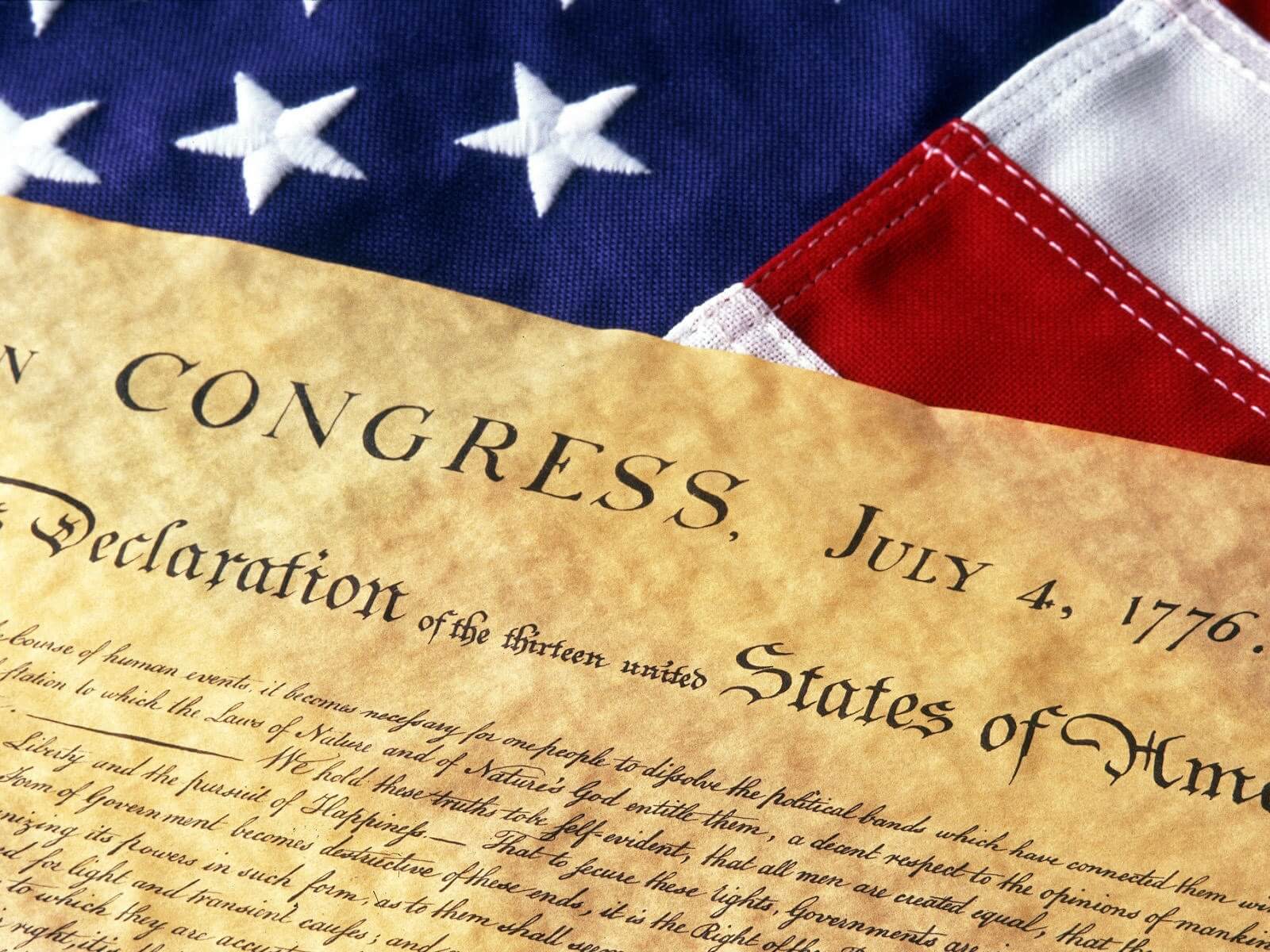
Independence Day commemorates the adoption of the Declaration of Independence on July 4th, 1776 by the Continental Congress. They declared that the thirteen American colonies regarded themselves as a new nation, the United States of America, and no longer part of the British Empire.
John Adams described the significance of this declaration in a letter to his wife Abigail:
The second day of July, 1776, will be the most memorable epoch in the history of America. I am apt to believe that it will be celebrated by succeeding generations as the great anniversary festival. It ought to be commemorated as the day of deliverance, by solemn acts of devotion to God Almighty. It ought to be solemnized with pomp and parade, with shows, games, sports, guns, bells, bonfires, and illuminations, from one end of this continent to the other, from this time forward forever more.
For me, Independence Day speaks to the will of the human spirit to stand independent and free of the forces that bind it. Thousands of Americans have sacrificed their time, talents, and lives to the fulfillment of the most sacred blessing a country can enjoy: freedom. They recognized that such freedom would facilitate “the pursuit of happiness” which is paramount to our existence. This process has yielded the greatest nation this earth has ever known. This same process can yield similar greatness and prosperity for us individually.
The Founders were very deliberate and thoughtful in what they wanted. They debated for hours on end in how to best establish freedom. It did not come overnight. In fact, the details and plan on how to execute and sustain freedom was not finalized until 1789 with our constitution. Our own personal pursuit of happiness will take many hours of pondering, deliberating and planning to fully realize. Although it took 13 years to solidify the constitution it was preceded and ignited by the Declaration of Independence (which mimics the purpose of a personal mission statement). Such a statement is our personal declaration of who we will be and an integral part of personal freedom.
Once the clarity is gained and recorded then the heavy lifting starts. The revolutionary war was part of this heavy lifting to secure our free citizenship. That war lasted until 1783 (7 years after we declared who we wanted to be). Countless sacrifices were made by our forefathers to fully realize the principles laid out in the Declaration of Independence. Countless sacrifices will also be required to realize our personal vision of who we want to be. It is a long and laborious journey through the road less traveled.
The fruits of our forefathers’ labors yielded deep satisfaction. These same fruits have been enjoyed by their posterity. In fact 21 generations, thus far, have received the benefits of our founders’ vision and sacrifice. Our realization of personal independence and growth will also extend beyond ourselves to the many generations that will follow. Who we become will, in large part, dictate who our posterity will become.
Our country has had periods of peace and periods of turmoil. Such turmoil is often a result of conflict and action stemming from efforts to preserve freedoms. This has led to unfortunate wars requiring continued sacrifice from its citizens. Likewise, we can expect personal times of peace, happiness, and prosperity as well as sacrifice, heart-ache, and pain. The path to achieve and maintain freedom is one of activity, discipline, and awareness. Personal battles and wars will be part of the process of achieving and maintaining our personal best.
Our country’s history is a great model for how its citizenship should conduct itself on an individual basis. I know, by experience, that following this tried and true pattern will allow each of us to get to where we want to be. It is not an easy road but the blessings are well worth the effort. Decide today to take the necessary steps to be who you want to be tomorrow.

Comments are closed.